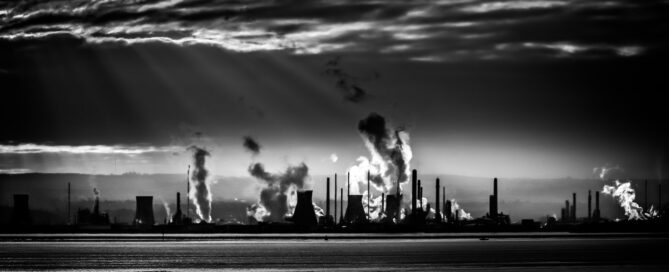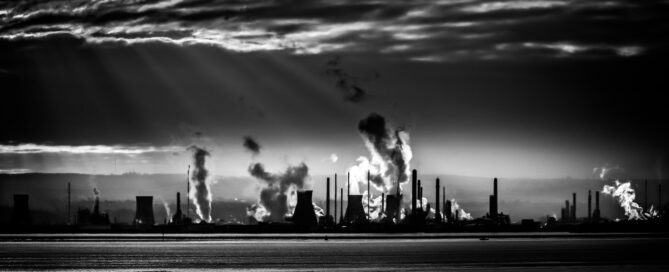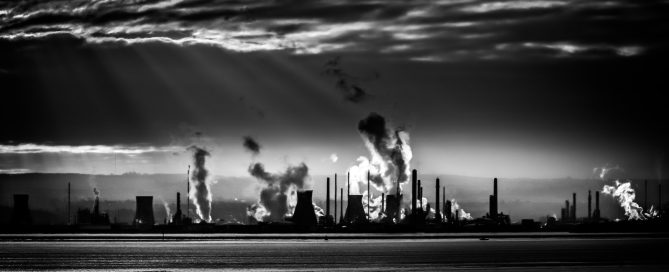Petrochemicals: Building a Greener Future
When it comes to building a sustainable future, petrochemicals play a significant role. Petrochemicals are derived from petroleum and natural gas, and they are widely used in the manufacturing of various products we use on a daily basis. Petrochemicals serve as the building blocks for a multitude of products, including plastics, fertilizers, pharmaceuticals, textiles, and more. However, their impact on the environment has become a pressing concern due to greenhouse gas emissions and pollution associated with their production and usage. Recognizing the need to address these environmental challenges, the petrochemical industry has been actively investing in research and development to [...]






